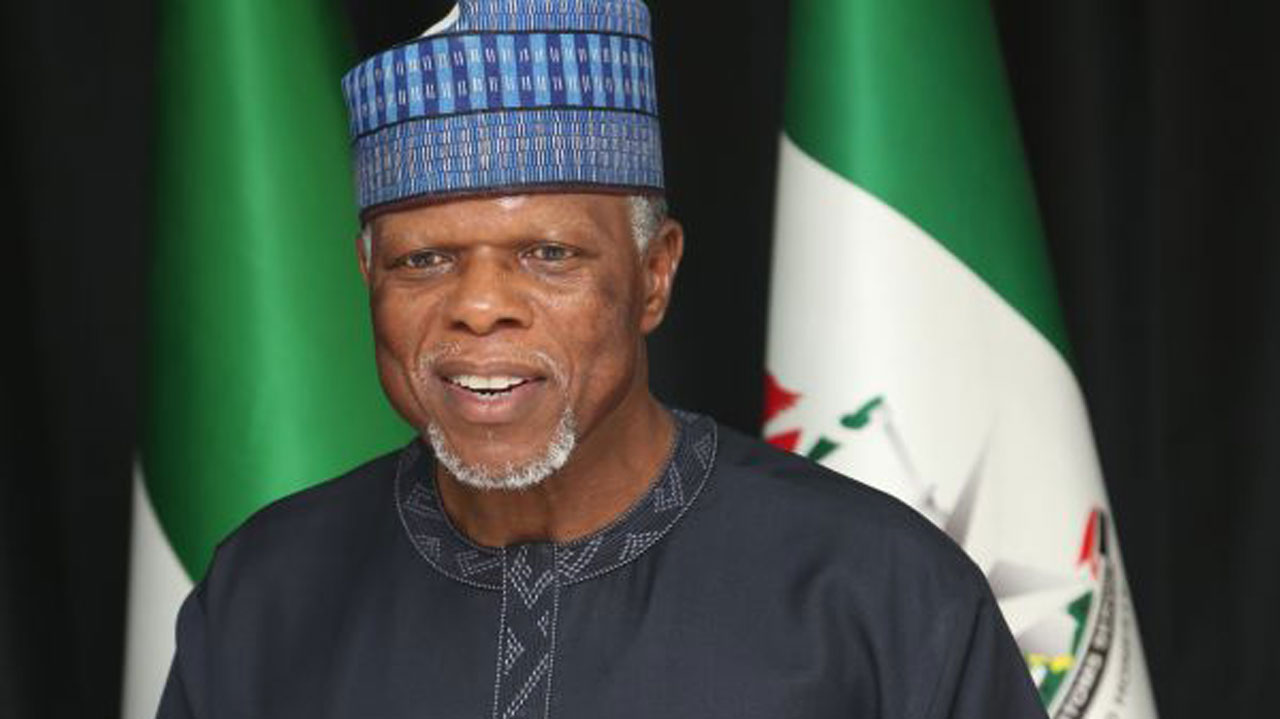Any moment from now, digital hydro-scanning machines are expected to become functional at the nation’s seaports and border stations. The Nigeria Customs Service (NCS) recently made the declaration at a sensitization meeting with stakeholders in Lagos.
The scanners have already been deployed to Onne Port, Rivers State and Tin Can Island Port in Lagos.
This is, indeed, a welcome development. Absence of scanners at the ports have been a source of constant friction between importers and their agents and the Nigeria Customs Service.
Stakeholders, especially customs agents and members of the Manufacturers Association of Nigeria (MAN) had often accused customs of destroying the scanners they inherited from the service providers because of their preference for 100% examination.
The 100% physical examination, they contend, enabled corruption and exploitation to thrive, while causing delays in goods clearance. Because of the obvious desire to meet and surpass revenue targets, the present customs administration preferred 100% physical examination, the stakeholders often alleged.
These allegations and contentions will soon expectedly be a thing of the past as a new set of scanners is set to be deployed and activated at the ports in the next few weeks.
The new scanners will significantly speed up goods clearance process, as according to the customs service, a scanner will screen a 20ft container in 35 seconds and a 40ft containers in 55 seconds. On the whole, each scanner will be able to screen up to 400 containers daily.
Of particular interest is the way the new scanners will be operated which will be a departure from past experience. According to Assistant Comptroller-General of Customs, Modernization and ICT, Saidu Galadima, the scanning of containers will be done at the quayside. When the vessels berth, the containers will be scanned before they are taken to the stacking areas where cargo declarations will start.
“All activities will start after the scanning process has been completed.” In other words, all the scanning processes would have been completed before agents make their declarations.
This is a clear departure from the past where the containers will be stacked, and it will take days and weeks for a container to be fished out and positioned for scanning. This had often caused quarrels, accusations and counter accusations between the customs and terminal operators. It also provided a fertile ground for corruption and unmitigated exploitation.
The new system will also not allow the presence of clearing agents and other stakeholders at the scanning site. The image analysis area will be a ‘no go’ zone for agents as the scanning area will be a controlled area.
The beauty of the new technology and method is that only containers that have a question mark after screening will be subjected to physical examination. As the customs ACG explained, the technology is geared towards trade facilitation, which the stakeholders have been clamouring for. And in this case, only compliant traders will enjoy trade facilitation. “If you are compliant enough, you won’t have any contact with any Customs officer. Cargoes will be released without anybody needing to go to any Customs office.”
It is equally commendable to note that the Nigeria Customs Service still has qualified officers who will man the scanners. Though the manufacturer, under an agreement with the Service, will station their technical personnel to oversee the running of the brand-new scanners.
However, it must be noted that the manufacturers will not be around forever. The Customs service should, therefore, ensure they have enough trained personnel to maintain the scanners. This is to avoid the experience of the past when at the expiration of the build-own-operate-transfer contracts by the former service providers in June 2013, they handed over five scanners located in Apapa Port, Tin Can Island Port, Seme and Idiroko land border to the Customs Service, only for the scanners to become non-functional within six months of taking them over.
There is no doubt that the new scanners will make a difference in the clearance process if things are done as said. If the Nigeria Customs Service can manage the scanners properly and handle it as they have said and the trading public operate within the ambits of extant fiscal laws, goods clearance at the nation’s ports and border stations will receive a major boost, and most of the accusations normally leveled at them will be eliminated.
In addition, the new scanning technology will, to a considerable extent, eliminate trade malpractices, while inching Nigerian ports closer to world-class ports where human contact will be drastically reduced.








